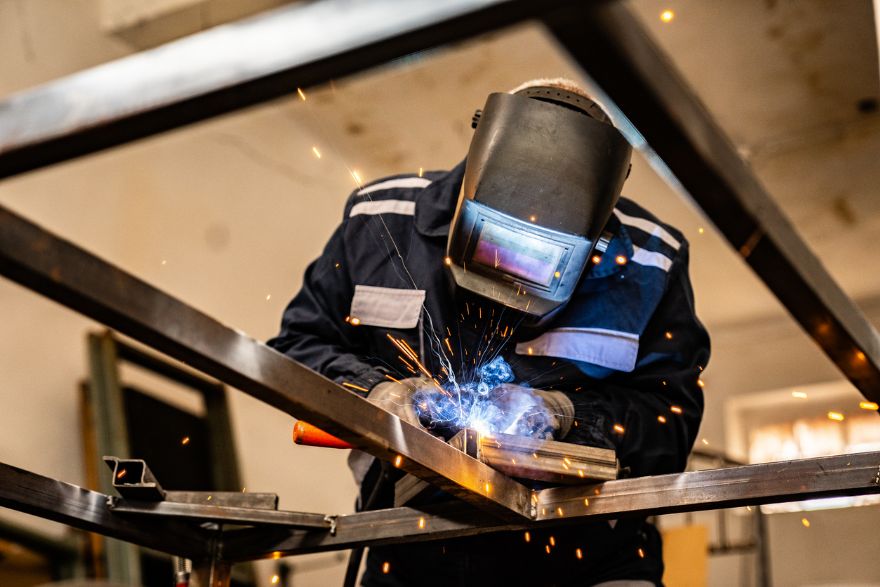
A new study from the University of Nottingham says the UK’s critical welder shortage threatens UK manufacturing sectors ranging from construction to aerospace, potentially impacting the economy and infrastructure, adding that declining vocational training and Brexit are compounding this situation — the latter because it is increasingly more difficult to attract and retain skilled welders from the European Union (EU), further exacerbating this skills gap. Furthermore,
Axiom Personnel reports that ‘half of the nation’s welders are due to retire by 2027’.
In the new report, published in
Robotics and Computer-Integrated Manufacturing, the authors asked whether robots could bridge this divide and if expert welder skills could be transferred to automated systems. “By developing a robotic welding system that learns from skilled welders, and building a skills library, the system could then tackle new, unseen welding tasks by intelligently combining learned skills, demonstrated successfully with both expert and novice welders.”
In their proposed approach, proficient welders execute basic tasks, such as welding simple lines or arcs, while their actions are recorded using an operation tracking system. Then key welding parameters, such as torch travelling speed, welding arc length, welding angle, welding current, and wire feeding rate, are extracted and stored in a skill library. In experiments conducted to verify the system, a skilled welder was asked to weld linear and arc-shaped grooves on stainless steel workpieces, while the welder’s skills were tracked, extracted, and stored digitally.
These skills were further used to plan the robotic welding system to execute new complex tasks, such as polynomial curves (curves with a lot of bends). Welding results from the robot show a quality that is on par with that of a skilled welder, effectively saving time and resources in the long term.
Commenting of the study, Abdelkhalick Mohammad — an associate professor in mechatronics — said: “Our aim is not to replace expert welders with robots, but to enable robots to undertake repetitive or hazardous tasks after learning skills from expert welders, thereby increase productivity while allowing the experts to focus on more creative tasks. Moreover, the proposed methodology in this research is expandable to other manual operations — such as assembly and polishing — so it can benefit several industrial sectors.”